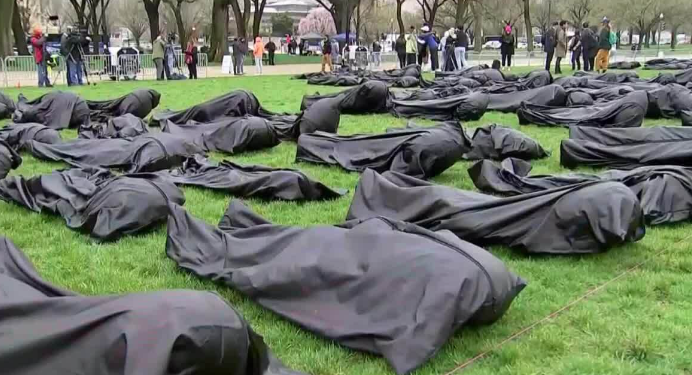On December 24, nomadic herders carried out a brutal attack in Nigeria’s central Plateau state, claiming the lives of at least 140 individuals. Reports from the area indicate that the assailants went on a violent rampage across 15 villages, employing machetes and firearms against their victims. Local media sources highlighted the ongoing search for missing villagers.
During a televised address on Channels Television, Plateau Governor Caleb Mutfwang revealed that authorities laid 15 individuals to rest in the Mangu local governorate, and the discovery of over 100 corpses occurred in Bokkos. Governor Mutfwang expressed uncertainty about the exact death toll in Barkin Ladi town, emphasizing that this tragic incident represents one of the most egregious atrocities ever perpetrated against the people of Plateau.
Various news agencies have reported that the recent massacre stands as the most brutal act of violence in the African nation since 2018. During that year, over 200 people lost their lives in a horrific manner amid violent clashes between herders and farmers.
The escalation of violence in Nigeria in recent years has been attributed to the emergence of authoritarian governments and the presence of the radical Islamist terrorist group Boko Haram.
The motives behind the recent episode of intense violence are still unclear. However, certain media sources have suggested that the Plateau region, often referred to as “Nigeria’s Middle Belt,” is marked by tensions between Muslims and Christians. Reports indicate that Muslim Fulani herdsmen have asserted in recent months that Christian communities should not be included in the area.
While no specific group claimed responsibility for the brutal attacks, many point fingers at the Muslim herders belonging to the Fulani tribe. Authorities have accused them of carrying out massacres and various crimes in the central region of Nigeria. According to political analysts, the roots of the conflict in the area can be traced back to the 1990s when water scarcity exacerbated tensions between Muslim and Christian communities.
Nigerian President Bola Tinubu, in a formal statement, expressed condolences to the victims’ families, emphasizing that the massacre was unprovoked. He urged the Nigerian police to identify and bring to justice those accountable for the violence.








